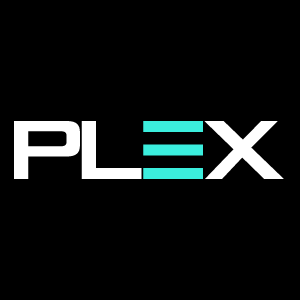Inventory is a sensitive issue for any company. Too little, and orders go unfilled. Too much, and precious capital is tied up, affecting equipment purchase plans, reducing cash flow, and even impacting taxation. Across a wide range of industries, lowering inventory costs is front and center in the minds of supply chain professionals.
Inventory Methods
Depending on the industry, there are several methods of inventory strategy. Each has advantages and disadvantages, and the type of product and nature of the market can impact which method is used. Key methods include:
- Pull Method – A pull method is a demand-centered approach that builds or produces goods as they are ordered. This method may lower inventory costs, but the company may find it hard to keep up with lead times if demand changes quickly.
- Push Method – The push method relies on forecasted demand. This method is commonly used in process manufacturing and commodity brands. It holds down operating costs and leverages production scale for lower unit costs. But swings in demand can create shortages or find a company holding too much stock and tying up cash.
- Just-in-Time – Also known as JIT, the just-in-time inventory method is demand-driven. Still, it focuses on acquiring materials only when or very near the point where customers demand them. Companies may keep raw materials handy, but processing and assembly are order-driven. JIT has undergone immense scrutiny as a valid strategy in the light of supply chain shortages caused by COVID 19
Optimizing Inventory
Controlling and lowering inventory costs is a critical aspect of supply chain management. By optimizing several factors, companies can realize lower overall inventory costs and less impact on cash flow. Optimization techniques include:
- Implementing Demand Forecasting – Demand forecasting uses product history and current order position and may even include future demand based on surveys and other marketing data. The more accurate the forecast, the better the inventory decisions on proper stock levels.
- Finding the Right Reorder Point Formula – Most manufactured goods have multiple raw materials or components. Each has its own lead-time and order minimums established by vendors. By settling on a tight and accurate reorder point formula, producers ensure that the right amount of safety stock is available to handle demand during the established lead time without excess holding coasts.
- Syncing KPIs with Inventory – In addition to raw material inventory, understanding the impact of production KPIs as factories over or underperform will help supply chain professionals adjust and address production issues like efficiency, quality rejects, WIP, and more.
- Adopting a Perpetual Inventory System - Perpetual inventory continuously updates inventory variables such as on-hand, receipts, WIP, and others as production occurs. The forecast can be more accurate and schedules more achievable because the number reflects the actual amount of all components and raw materials.
Using Plex DemandCaster Supply Chain Management Planning Software to Optimize and Lower Your Inventory Cost
Traditional best manufacturing practices used all the above strategies to manage inventory and lower costs. But even in the most successful companies, much of the effort was manual, limiting the accuracy and scope of detail. These systems often encountered erroneous data, human error, and bias in data. And the analysis was human-based and limited in capability.
Plex DemandCaster offers a comprehensive supply chain management planning software suite, including inventory forecasting and optimization. By using cloud-based software from Plex DemandCaster, companies can rely on accurate data that is at or near real-time to manage inventory and implement optimization strategies effectively.
The Plex DemandCaster system also allows robust “what-if” scenarios for contingency planning. It enables supply chain professionals to use advanced analytics and prescriptive and automated analysis to manage inventory and reduce costs. Companies implementing supply chain management software can see a 20-30% reduction in inventory costs.
To learn how Plex DemandCaster Inventory Forecasting and Optimization software can help you lower inventory costs and forecast with confidence, contact us today.
Related Articles
